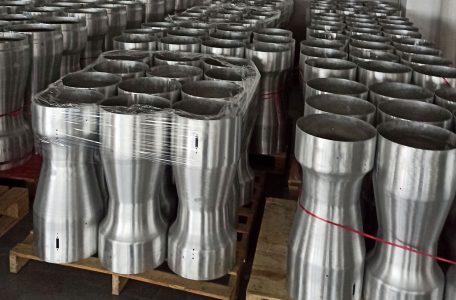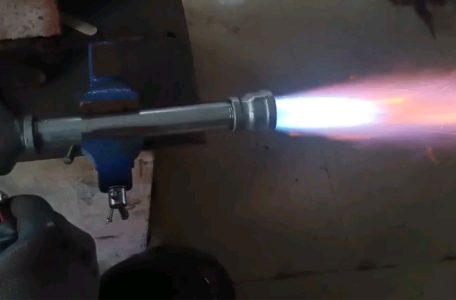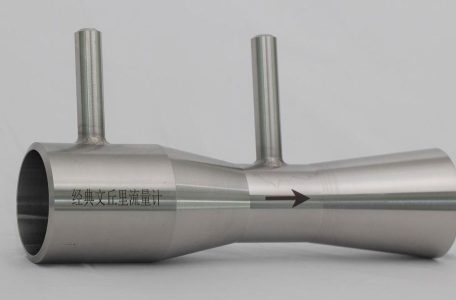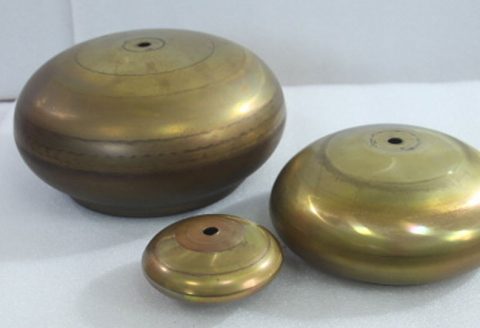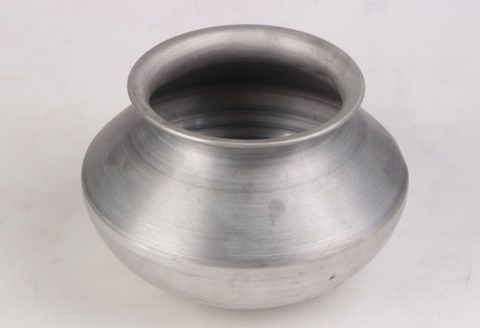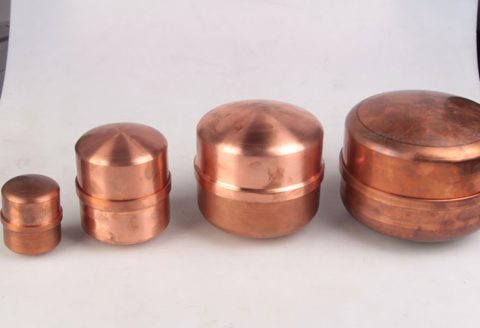The Venturi air valve is a specialized flow control device widely utilized in heating, ventilation, and air conditioning (HVAC) systems, laboratories, industrial environments, and critical spaces requiring precise airflow regulation. Named after the Italian physicist Giovanni Battista Venturi, who first described the Venturi effect in 1797, this valve leverages the principles of fluid dynamics to achieve pressure-independent airflow control. The Venturi effect, a cornerstone of its operation, describes the reduction in fluid pressure that occurs when a fluid accelerates through a constricted section of a pipe, balanced by an increase in velocity as dictated by the continuity equation and Bernoulli’s principle. In modern engineering, the Venturi air valve stands out for its mechanical simplicity, rapid response to pressure changes, and Read more
What Is Venturi Burner and its Works
The Venturi effect is a principle in fluid dynamics that occurs when a fluid flows through a constricted section of a pipe, resulting in a reduction in fluid pressure and an increase in fluid velocity. This phenomenon is named after the Italian physicist Giovanni Battista Venturi, who first described it in 1797. Principle Of Venturi Effect The Venturi effect can be explained through the principles of conservation of energy and the continuity equation. According to the conservation of energy, the total energy of a flowing fluid must remain constant. This total energy includes the fluid’s kinetic energy, potential energy, and internal energy (pressure). When a fluid enters a narrow section of a pipe, its velocity must increase to satisfy the Read more
